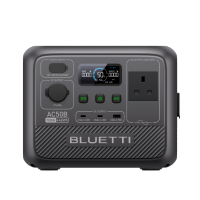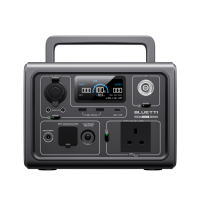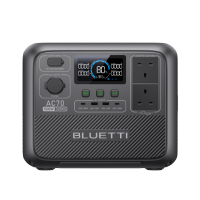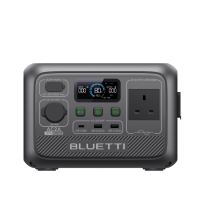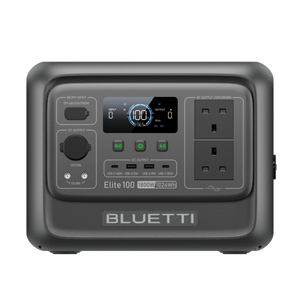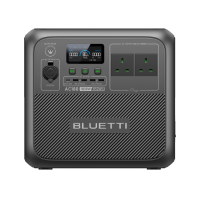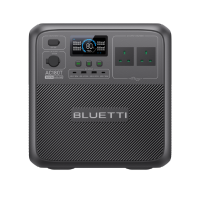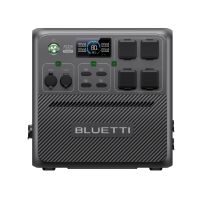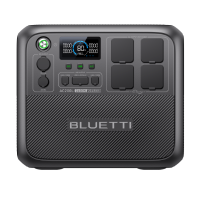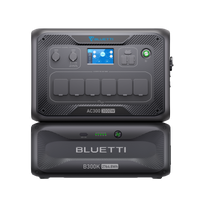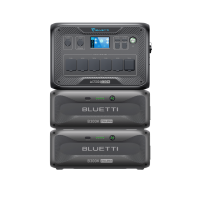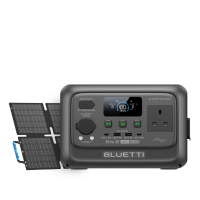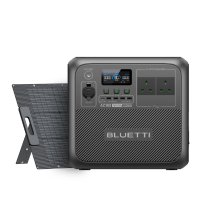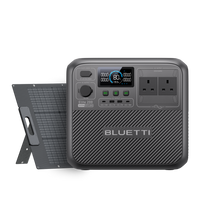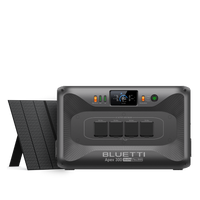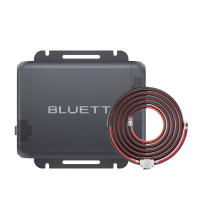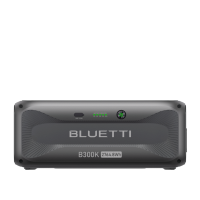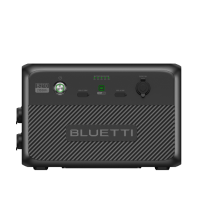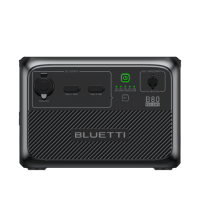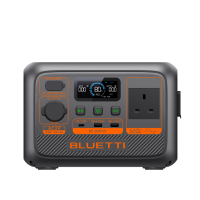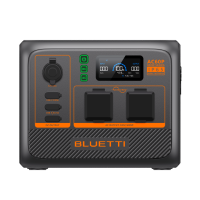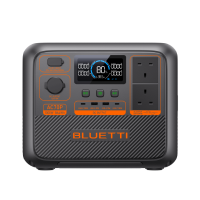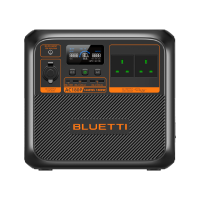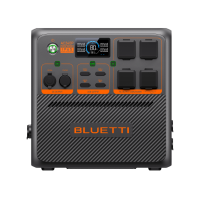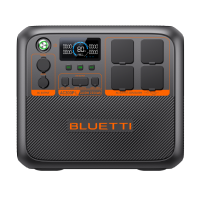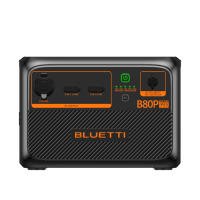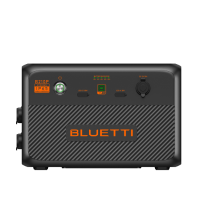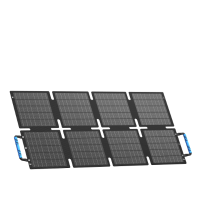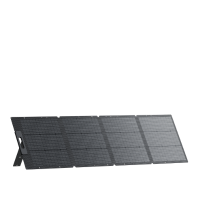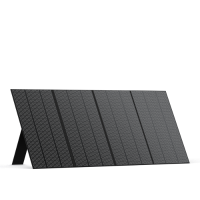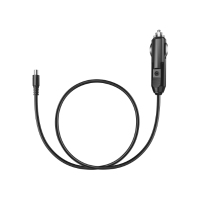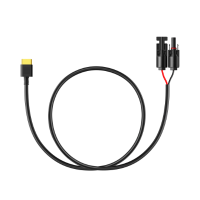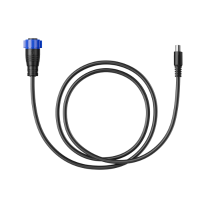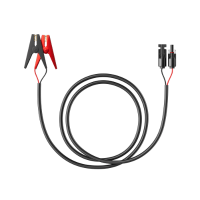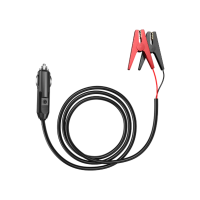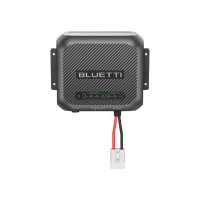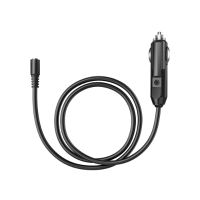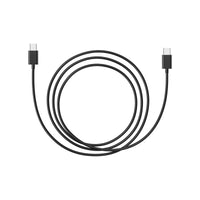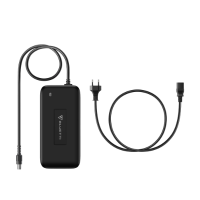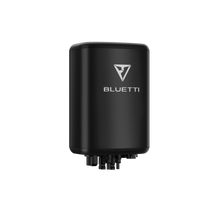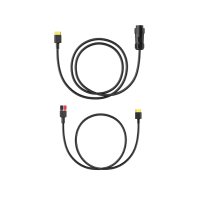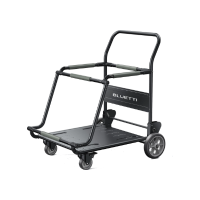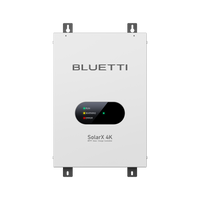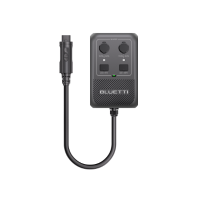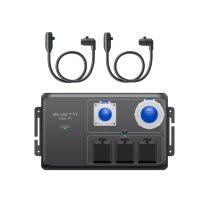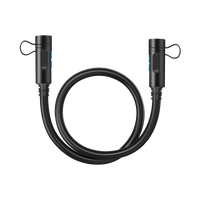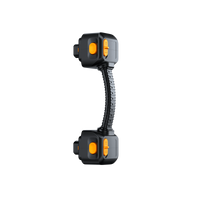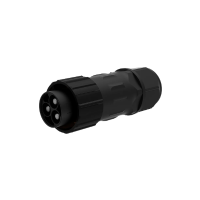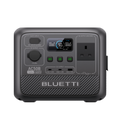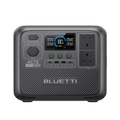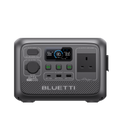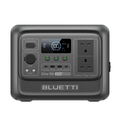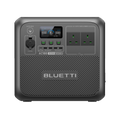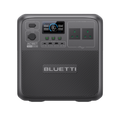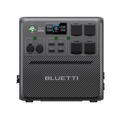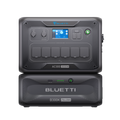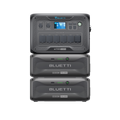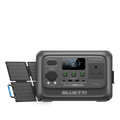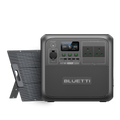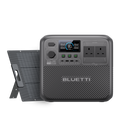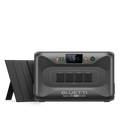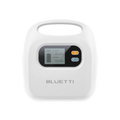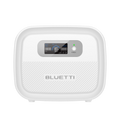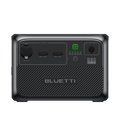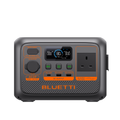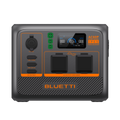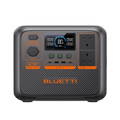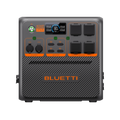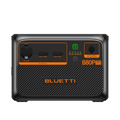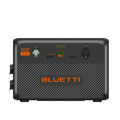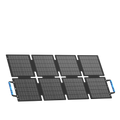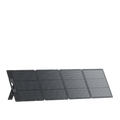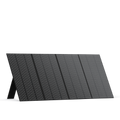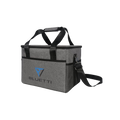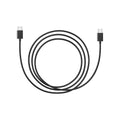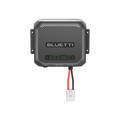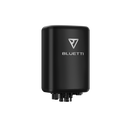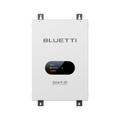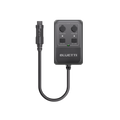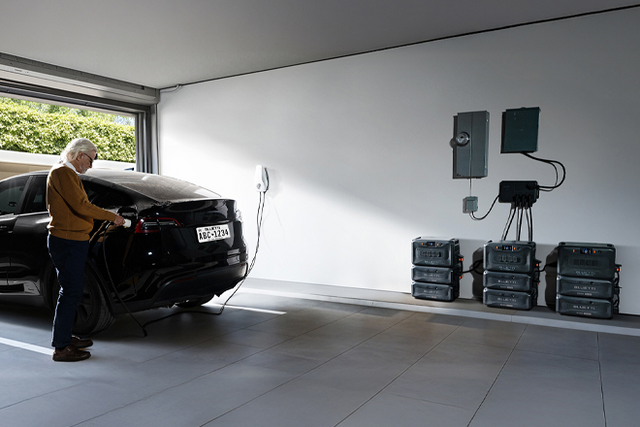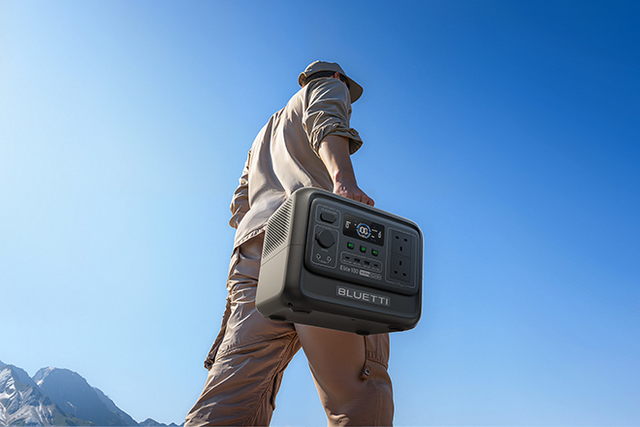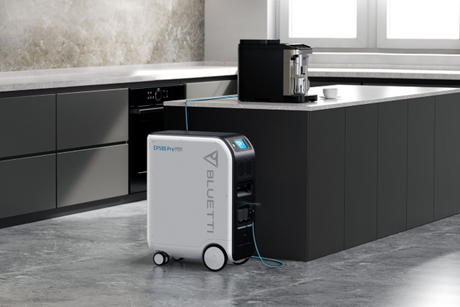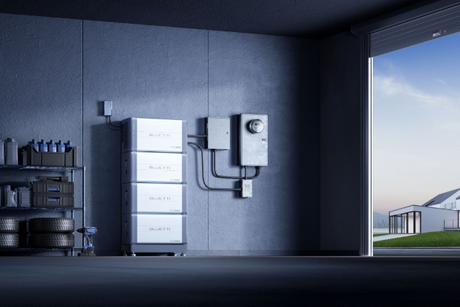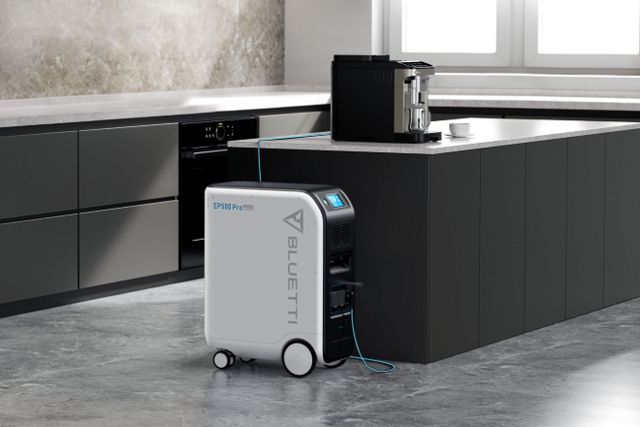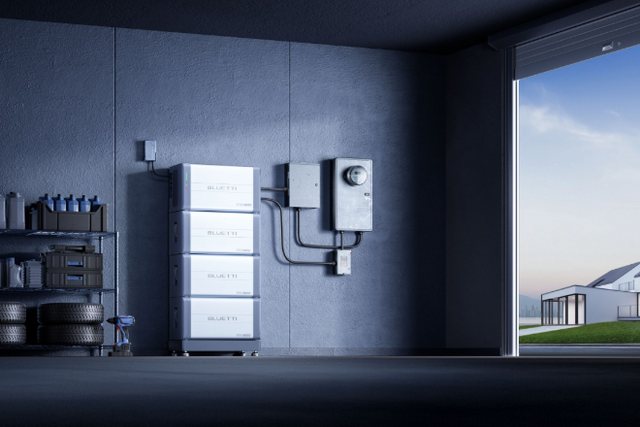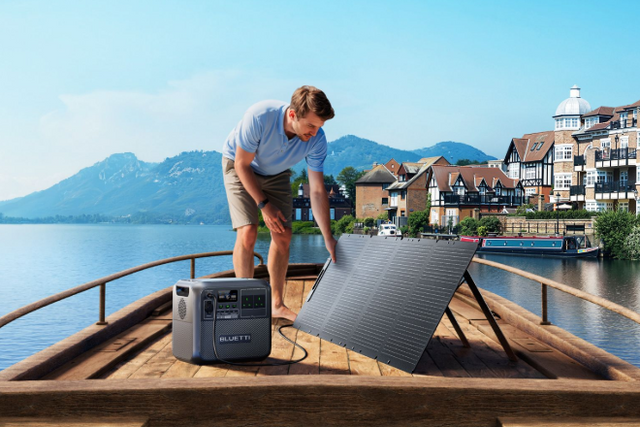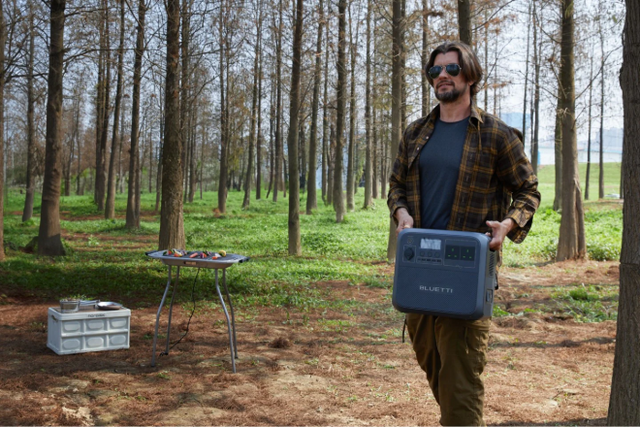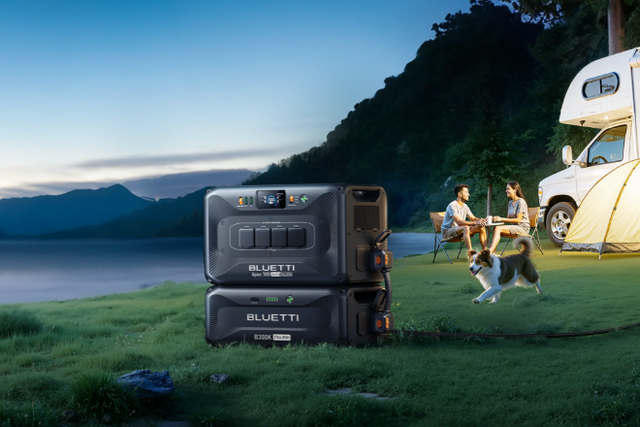Solar system in the UK is the most reliable and sustainable option to save electricity. You can use them for both domestic and work purposes. You can install a solar system that can light your home; however, you can also add a battery to your existing solar system to store some of the electricity. The batteries can be your energy storage solution when the solar panel systems are not generating energy for any reason. If you live in an environment where the weather is unpredictable, or you wish to save more on your electricity bills, solar batteries are the optimal solution for you. Now, let’s get to know how you can add batteries to existing solar systems in the UK.
Can I Add a Battery to My Existing Solar System in the UK?
Yes, you can definitely add a battery to your existing solar system in the UK. However, you need to keep in mind a few points to consider before adding a battery to the solar system:
- Choose the appropriate solar battery.
- You need to calculate and invest in the installation cost.
- The batteries need to be maintained, and they are backed up with a 10-year warranty.
- Find a space to install the battery.
- Check the compatibility of your solar system.
- You may not be able to sell the stored energy as not all energy firms accept it.
- You need to utilize the solar system panel.
There are two basic ways to incorporate your battery into your system, “DC Coupled”, and “AC Coupled”, depending on whether or not you installed a “storage-ready system.”
DC Coupled Systems, swap out your “current inverter” for one compatible with batteries and photovoltaic panels. The battery is charged using the solar panels' direct current (DC) electricity. The “hybrid inverter” then transforms the DC power into AC. After that, you can use the AC power internally or send it back into the grid if you don't need it.

Following this strategy will result in less wasted energy during the conversion process. This is because energy is only being transferred in one direction, from DC to AC, rather than both directions, as in an “AC Coupled System”, which will be discussed below. However, the inverter and other necessary work could make this alternative more expensive.
The second option, an “AC Coupled System”, uses a second inverter, known as a "storage inverter," to maintain battery charge. The inverter once again converts the DC power from the panels into AC power. The inverter will provide power to the building if it needs it and will either keep the surplus energy in the battery or send it back to the utility company.
Because it works with a wider variety of models, AC Coupling is often more cost-effective and straightforward to install than its inverter-based alternative. However, it could be more efficient. Batteries store direct current (DC), while the power grid and household appliances use alternating current (AC). A change from the battery's direct current (DC) to standard alternating current (AC) is required for interior use. The energy loss over DC Coupling is higher due to this additional step.
Why do You Add Batteries to the Existing Solar system?
One effective method of optimizing the utilization of solar electricity in a residential setting equipped with solar panels is incorporating battery storage systems. By implementing solar panels and battery systems to store surplus energy, individuals can enhance their self-reliance and reduce their need for the conventional power grid. This can be achieved through various approaches, which are outlined below:
- Increase your reliance on renewable energy. Adding batteries can increase your system's independence from the power grid.
- Reducing monthly energy costs: You can lower your monthly energy costs and save money by using saved energy during low sunlight.
- Improve Your Home's Resilience If you install a backup power source, you might reduce the risk of home devastation during a power outage.
- The installation of batteries and an existing solar system in the UK could lessen your dependency on fossil fuels and contribute to a reduction in greenhouse gas emissions.
Types of Battery Added to an Existing Solar System
There are four kinds of batteries available under our existing solar system, which are the following:
- Lead-acid batteries are inexpensive and dependable but don't store much power.
- Lithium-ion batteries are expensive, yet more effective, portable, and have a higher energy density. However, they might set fire if not fitted correctly.
- Nickel-cadmium batteries have a long lifespan and can operate in high and low temperatures, making them popular in both industries and aircraft.
- Flow batteries are unsuitable for residential usage since they are expensive, have low energy density, and are based on chemical reactions.
- Lithium iron phosphate (LFP) battery is the most secure and used to create solar batteries. They are more environmentally friendly than cobalt-based batteries and can withstand more charge cycles.
To avoid the bustle of selecting the right battery for your solar system in the UK, you can go for the BLUETTI EP500Pro Power Station | 3,000W 5,100Wh. It is the most efficient power backup because its functions include:
- A power station that can charge your home for up to 2 days.
- It has in-grid UPS Mode and Flexible UPS Mode.
- Energy storage is off-grid.
- Its functioning can be controlled with an app remote control
- It has an intuitive touchscreen to show all the commands.

How Much Does It Cost to Add a Battery to an Existing Solar System?
According to statistics, monthly, approximately 12,000 solar panels are installed in the UK. Over the decade, the prices of solar panels and batteries have decreased. However, the price and installation cost could vary from one place to another, its type, capacity, and quantity. Depending upon size, manufacturer, and type, solar batteries could cost you around £1,250 to £6,000. For their installation, it can cost approximately £230 to £10,000.
Where are Batteries Installed?
First, check the National Fire Protection Association (NFPA), a nonprofit that sets fire safety laws and standards, to choose where to install your solar battery. They established NFPA 855: Standard for installing Stationary Energy Storage Systems to reduce energy storage dangers.
NFPA 855 specifies energy storage system installation locations by capacity and recommends the following places to install them under 20 kWh:
- A garage, either attached or detached.
- Outside or against an exterior wall, but not closer than 3 feet to any openings.
- Somewhere, like a utility room or closet.
If you're putting up a storage system indoors in an unfinished space, you should always use a gypsum board (drywall) with a thickness of at least 5/8 inch to prevent fires from spreading. It's also essential to prevent fires and explosions by mounting your batteries in a safe yet out-of-the-way place, away from where any vehicle could hit them.
FAQs about Adding Batteries to Existing Solar System in the UK?
1. How to Choose the Size of Batteries?
When selecting the battery bank for your solar power system, it is essential to consider the estimated amount of electricity consumption. Battery banks with capacities ranging from 3kWh to 15kWh are generally suitable for regular residential usage daily. The presence of a knowledgeable installer might be advantageous as they can provide an evaluation and elucidate the requirements for optimal utilization of battery power.
2. Which Battery is the Best to be Added to an Existing Solar System?
The solar battery chemistry known as lithium iron phosphate (LFP) is one of the safest options. They can survive more charge cycles and are safer for the environment than cobalt-based batteries. Another one of the best option available is lithium-ion batteries, which also have a high energy density. They are more expensive and dangerous if put incorrectly.
3. How Many Batteries should be Installed?
You can install 2 to 3 batteries to your solar panel system. Before installing a battery, you need to consider the capacity of the solar battery and the amount of electricity you need in per day. You can store the excess electricity that will be used in an emergency.
4. How Does a Battery Affect Your Energy Bills?
Reportedly, solar batteries could save 30% on your electricity bills. A solar battery serves as a backup power source and can reduce your monthly electricity costs. In addition to making a smaller environmental impact, switching to solar power can help make the world a better, more sustainable place.
5. Can You Add a Battery to Your Existing Solar System by Yourself?
Yes, it is possible to add batteries to existing solar systems UK on your own. But this includes many complex processes, and one should have enough knowledge about it. It may include the risk that calling electricians for better enhancement is advisable.
Final Words
Adding batteries to existing solar systems in the UK is an excellent method to increase the system's efficiency and extend its life. Batteries can help you save money on energy costs, increase your home's reliability, and lessen your impact on the environment by storing excess energy that your solar panels produce. Add batteries to your solar system for greater efficiency and to offset some of the costs. Lastly, the best battery available in the market is that of BLUETTI EP500Pro Power Station | 3,000W 5,100Wh, which ensures super sturdy and nearly risk-free construction. The EP500Pro has a built-in dual-core microcomputer and an Internet connection to update the firmware via the web.
Shop products from this article
You May Also Like

Sodium-Ion vs Lithium-Ion Battery: The Real Science behind Cold Weather Battery Drain
Why is sodium-ion battery often considered more reliable in winter? Do you know the real science behind it? In this guide, you will explore the comparison between lithium-ion and sodium-ion...

Oven Power Consumption Explained: How Much Electricity Does Your Oven Use?
Have you ever thought about how much electricity your oven uses? What's the power rating in UK homes, or the associated cost with it? Discover some tips to reduce your...

Is the UK's Power Grid at Risk of Blackout?
Learning from Iberia's 14-hour blackout. With 40% renewable energy, Britain faces similar grid stability challenges. Discover how home energy storage solutions like BLUETTI provide critical backup power and enhance grid...


